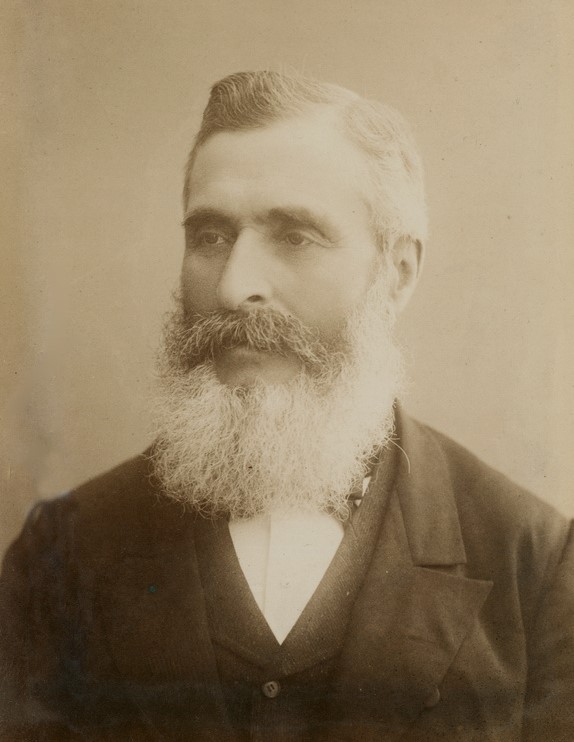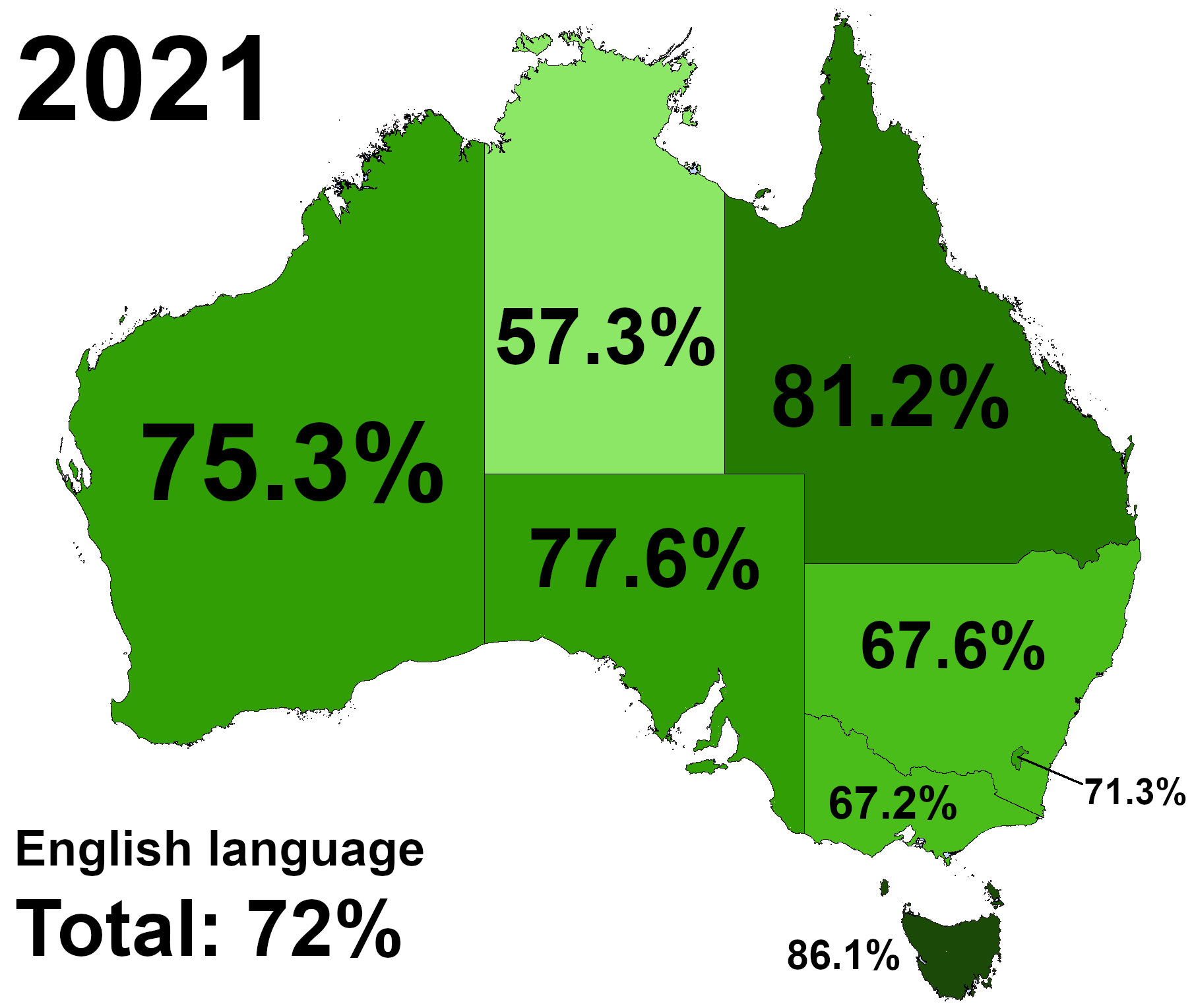|
Block (rural Australia)
Block is an Australian term for a small agricultural landholding. Block settlement has been used by Governments to encourage decentralization and during financial depressions to give families of unemployed workers an opportunity (frequently illusory) to become primary producers. It may also refer to a lifestyle choice or "hobby farm" for those with an independent source of income. In parts of Australia, parcels of land of around were allocated by Government to working-class men at nominal rent during the depression of the 1890s with the object of giving them work and, potentially, a source of income. Some eventually prospered, but those on marginal land were doomed to failure. Proponents of the "block system" included George Witherage Cotton. Holders of such allotments were referred to as "blockers" or "blockies".W. S. Ramson (editor) ''The Australian National Dictionary'' page 65. Oxford University Press, Melbourne, 1988 See also *Village Settlements (South Australia) *Soldie ... [...More Info...] [...Related Items...] OR: [Wikipedia] [Google] [Baidu] |
History Of Australia (1851–1900)
The History of Australia (1851–1900) refers to the history of the people of the Australian continent during the 50-year period which preceded the foundation of the Commonwealth of Australia in 1901. The gold rushes of the 1850s led to high immigration and a booming economy. Increasing prosperity and the growing number of free settlers and locally born people led to popular demands for the end of penal transportation and the introduction of colonial self-government. Transportation of convicts to the colonies was phased out from 1840 to 1868. In 1855 and 1856, Britain granted self-government to New South Wales, the new colony of Victoria, Van Diemen's Land (renamed Tasmania) and South Australia. Queensland became a separate self-governing colony in 1859 and Western Australia was granted self-government in 1890. The colonies introduced universal male suffrage from 1856 to 1900. Women won the vote in South Australia in 1895 and in Western Australia in 1899. Some colonies, howeve ... [...More Info...] [...Related Items...] OR: [Wikipedia] [Google] [Baidu] |
George Witherage Cotton
George Witherage Cotton (1821–1892) was a South Australian land dealer and Member of the South Australian Legislative Council. He was especially notable for being a champion of a scheme in South Australia to put working men onto small blocks of land (around 20 acres) on which they could carry out agricultural production. Life Cotton was born on 4 February 1821 at Staplehurst in Kent, England to Samuel and Lydia Cotton. He was apprenticed to a carpenter and studied at Wesley College, Sheffield for two years. After working in London he migrated with his wife, Mary Ann (Jull), and his parents to South Australia aboard the barque ''Athenian'', arriving 5 March, 1849. His wife and son (William Jull Cotton) died shortly after their arrival and later in 1849 he married Elizabeth Mitchell with whom he had nine children. Upon arriving in South Australia, Cotton worked as a carpenter at Willunga and store-keeper on Hindmarsh Island. He then moved to Adelaide in 1862 and went into bus ... [...More Info...] [...Related Items...] OR: [Wikipedia] [Google] [Baidu] |
Oxford University Press
Oxford University Press (OUP) is the publishing house of the University of Oxford. It is the largest university press in the world. Its first book was printed in Oxford in 1478, with the Press officially granted the legal right to print books by decree in 1586. It is the second-oldest university press after Cambridge University Press, which was founded in 1534. It is a department of the University of Oxford. It is governed by a group of 15 academics, the Delegates of the Press, appointed by the Vice Chancellor, vice-chancellor of the University of Oxford. The Delegates of the Press are led by the Secretary to the Delegates, who serves as OUP's chief executive and as its major representative on other university bodies. Oxford University Press has had a similar governance structure since the 17th century. The press is located on Walton Street, Oxford, Walton Street, Oxford, opposite Somerville College, Oxford, Somerville College, in the inner suburb of Jericho, Oxford, Jericho. ... [...More Info...] [...Related Items...] OR: [Wikipedia] [Google] [Baidu] |
Village Settlements (South Australia)
The Village Settlements were communes set up by the South Australian government under Part VII of the ''Crown Lands Amendment Act 1893'', a scheme intended to mitigate the effects of the depression that was affecting the Colony. It followed the New Zealand V''illage Settlements Act'' and similar schemes in Canada and New South Wales, and concurrently with Victoria. It followed the " blockers" scheme espoused by George W. Cotton. Thirteen settlements were surveyed: Lyrup, Pyap, Kingston, Waikerie, Moorook, Ramco, Holder, Murtho, New Residence, Gillen, New Era and Charleston-on-Murray all on the River Murray, Mount Remarkable in the Mid North, and Nangkita to the south of Adelaide. Holder and Murtho were proclaimed as Village Settlements by May 1896, Lyrup, Pyap, Kingston, Waikerie, Moorook and Ramco followed. The Village Settlement Aid Society was formed to give financial and other assistance to the "villagers". Its secretary was Thomas Hyland Smeaton. The sett ... [...More Info...] [...Related Items...] OR: [Wikipedia] [Google] [Baidu] |
Soldier Settlement (Australia)
Soldier settlement was the settlement of land throughout parts of Australia by returning discharged soldiers under soldier settlement schemes administered by state governments after World War I and World War II. The post-World War II settlements were co-ordinated by the Commonwealth Soldier Settlement Commission. World War I Such settlement plans initially began during World War I, with South Australia first enacting legislation in 1915. Similar schemes gained impetus across Australia in February 1916 when a conference of representatives from the Australian Government and all the state governments was held in Melbourne to consider a report prepared by the Federal Parliamentary War Committee regarding the settlement of returned soldiers on the land. The report focused specifically on a federal-state cooperative process of selling or leasing Crown land to soldiers who had been demobilised following the end of their service in this first global conflict. The meeting agreed that ... [...More Info...] [...Related Items...] OR: [Wikipedia] [Google] [Baidu] |
1890s In Australia
Year 189 ( CLXXXIX) was a common year starting on Wednesday of the Julian calendar. At the time, it was known as the Year of the Consulship of Silanus and Silanus (or, less frequently, year 942 ''Ab urbe condita''). The denomination 189 for this year has been used since the early medieval period, when the Anno Domini calendar era became the prevalent method in Europe for naming years. Events By place Roman Empire * Plague (possibly smallpox) kills as many as 2,000 people per day in Rome. Farmers are unable to harvest their crops, and food shortages bring riots in the city. China * Liu Bian succeeds Emperor Ling, as Chinese emperor of the Han dynasty. * Dong Zhuo has Liu Bian deposed, and installs Emperor Xian as emperor. * Two thousand eunuchs in the palace are slaughtered in a violent purge in Luoyang, the capital of Han. By topic Arts and sciences * Galen publishes his ''"Treatise on the various temperaments"'' (aka ''On the Elements According to Hippocrate ... [...More Info...] [...Related Items...] OR: [Wikipedia] [Google] [Baidu] |
Australian English
Australian English (AusE, AusEng, AuE, AuEng, en-AU) is the set of variety (linguistics), varieties of the English language native to Australia. It is the country's common language and ''de facto'' national language. While Australia has no official language, English is the first language of Languages of Australia, the majority of the population, and has been entrenched as the ''de facto'' national language since the onset of History of Australia (1788–1850), British settlement, being the only language spoken in the home for 72% of Australians in 2021. It is also the main language used in compulsory education, as well as federal, state and territorial legislatures and courts. Australian English began to diverge from British English, British and Hiberno-English after the First Fleet established the Colony of New South Wales in 1788. Australian English arose from a Koiné language, dialectal melting pot created by the intermingling of early settlers who were from a variety of d ... [...More Info...] [...Related Items...] OR: [Wikipedia] [Google] [Baidu] |
Settlement Schemes In Australia
Settlement may refer to: *Human settlement, a community where people live *Settlement (structural), downward movement of a structure's foundation *Settlement (finance), where securities are delivered against payment of money *Settlement (litigation), a resolution between disputing parties about a legal case *Settlement (trust), a deed whereby property is given by a settlor into trust * Thomson Bay Settlement, Rottnest Island, Western Australia, also known as simply The Settlement *Closing (real estate), the final step in executing a real estate transaction See also * * *Act of Settlement (other), various legislation *Settlement Act, or Poor Relief Act 1662 *Collective settlement, another name for an intentional community *Collective settlement (litigation), a legal term *Sedentism, the practice of living in one place for a long time *Settlement geography, investigating the part of the Earth's surface settled by humans *Settlement movement, a Victorian era reformist social ... [...More Info...] [...Related Items...] OR: [Wikipedia] [Google] [Baidu] |




